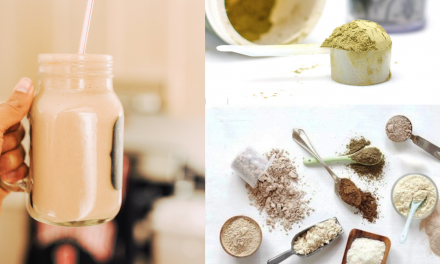Dr Ian Sweeney
Do you have sensitive teeth? Do you dread your six-monthly clean because of the cold water? Fortunately, these days we have a number of wonderful products to help reduce sensitivity. One such product is supplies in gel form. The gel is a mixture of two local anaesthetics, lidocaine and prilocaine. It is a topical anaesthetic that is simply applied to the gums to provide gentle numbing during cleaning lasting approximately 20 minutes. This gives the dentist plenty of time to perform the cleaning. It can be applied to all of your teeth or just certain areas to reduce sensitivity during cleaning. As it is only topically applied it is suitable for most patients.
WHY ARE YOUR TEETH SENSITIVE?
Sensitive teeth are typically the result of worn tooth enamel or exposed tooth roots. Other factors such as cavities, a cracked or chipped tooth or tooth grinding, toothbrush abrasion and acid erosion may also cause tooth sensitivity. If you’re concerned about sensitive teeth, your dentist can properly diagnose the cause of the problem. Depending on the circumstances, your dentist may recommend:
- Desensitizing toothpaste. A strong toothpaste that will help to desensitize teeth after several applications.
- Fluoride. Your dentist may apply fluoride to the sensitive areas of your teeth to strengthen tooth enamel and reduce pain. They may also suggest the use of prescription fluoride at home.
- Desensitizing or bonding. In more severe cases, exposed root surfaces can be treated by applying bonding resin to the sensitive root surfaces. Local anaesthetic may also be required in extreme cases.
- Surgical gum graft. Exposed tooth roots may be covered by a small amount of gum tissue can be taken from elsewhere in the mouth and attached to the affected site. This procedure covers the affected root surface, protecting the exposed roots thus reducing sensitivity.
- Grinding. Tooth sensitivity may be due to tooth grinding or clenching. Severe grinding may actually bend a tooth, causing some of the weaker enamel to fracture from the tooth, exposing the underlying sensitive dentine. Night-time splints can assist in preventing this.
- Abrasion. Overzealous toothbrushing, or the use of medium or hard toothbrush bristles will wear away enamel, again exposing the sensitive dentine.
- Erosion. The most common cause of erosion is by acidic foods and drinks.
Remember, the festive season will not be very festive with a toothache, so act now to avoid unnecessary pain and discomfort over the festive season. “Let our family give your family a reason to smile.”












